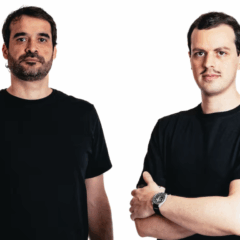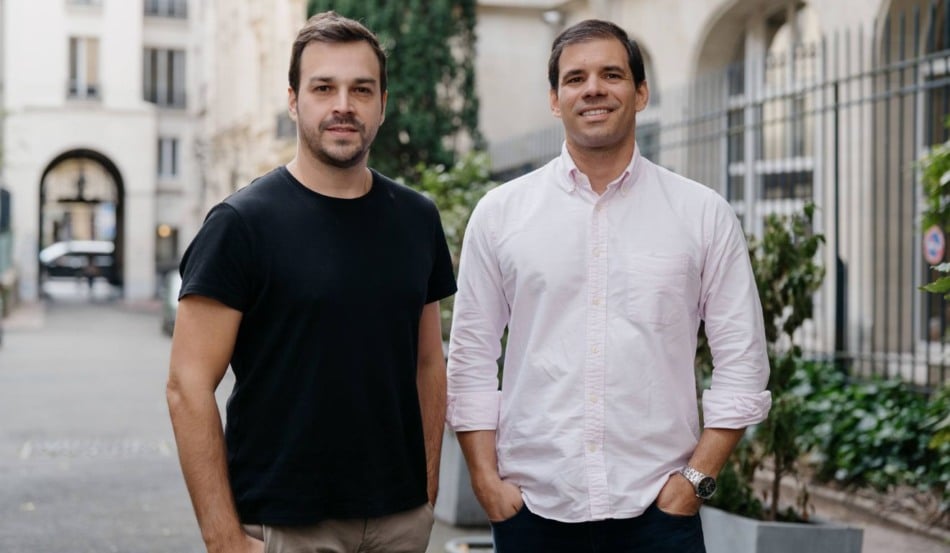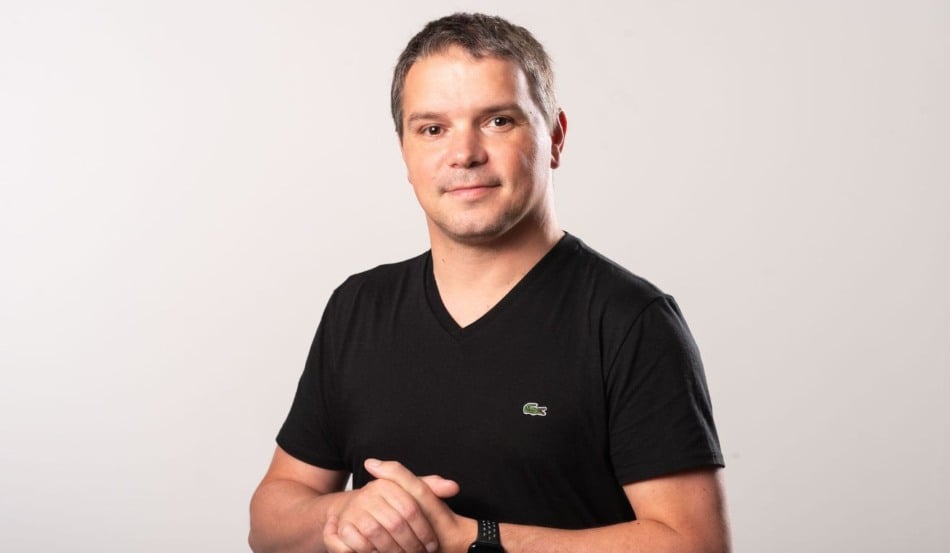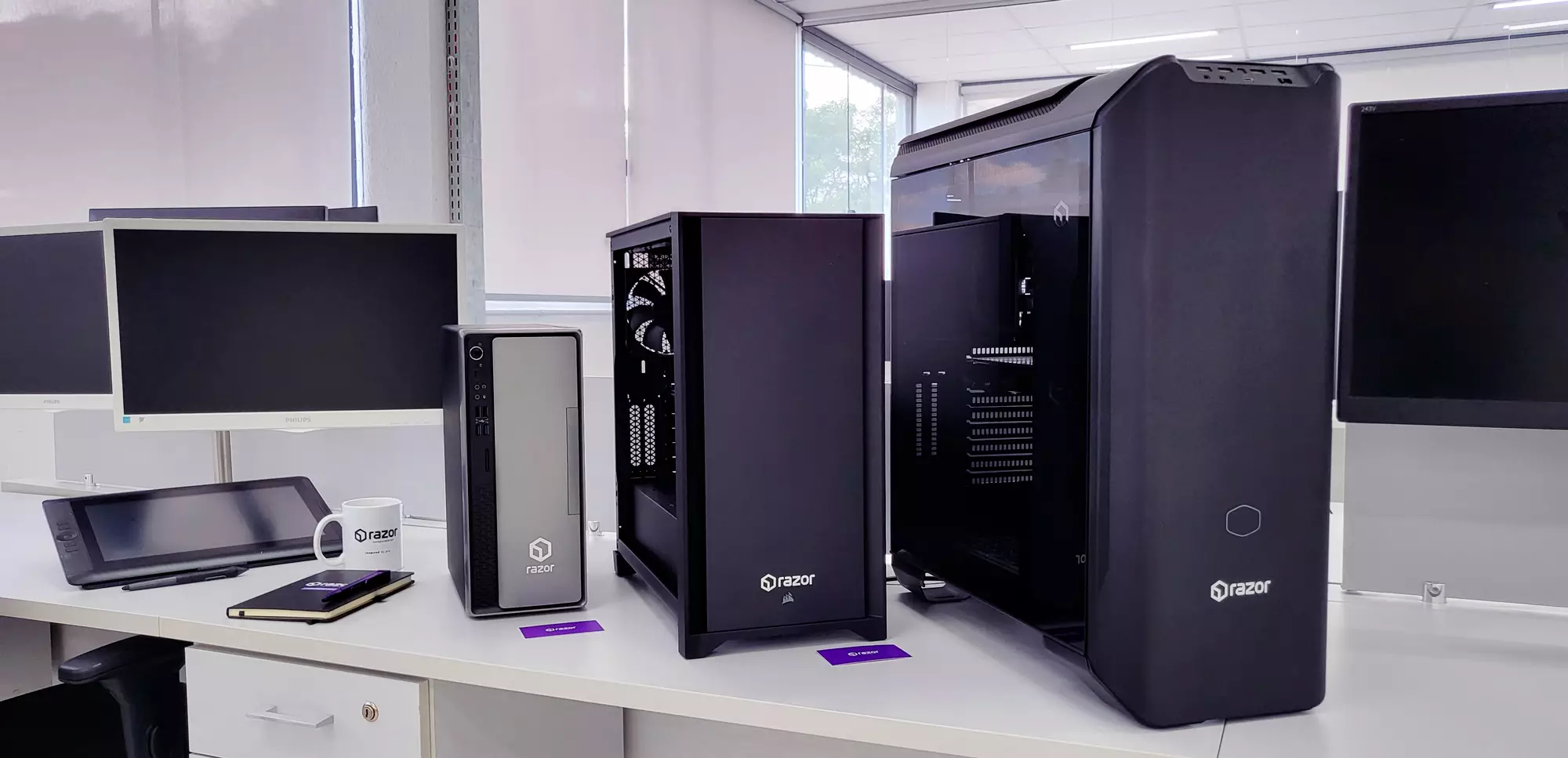
Let the entrepreneur who wasn’t struck by fear, insecurity or panic – or all of these in varying measures – when the Covid-19 pandemic emerged, cast the first stone. Just as in other global communities, the economic uncertainty sparked by the crisis loomed over Brazilian startups.
While the pandemic was a hard-to-swallow pill for the ecosystem, the crisis didn’t stop many startups from maintaining or increasing their revenue – 41.4% did, according to data from the Brazilian Startups Association (Abstartups). Moreover, in 10.4% of cases, the companies increased earnings by 50% or more, compared to the period before the spread of the virus.
The pandemic has also produced many offspring. Also, according to Abstartups, a total of 587 new startups were created in Brazil since March 2020, 246 that year and 341 more in 2021 – Startups itself was born in July 2020! We talked to four startups that emerged amid the pandemic to get an insight into the journey so far.
Agribusiness and Logistics
For some startups, mainly in the agribusiness and logistics segments, the pandemic did not impact the business – on the contrary, it even helped in a way. One such case is Agrolend, a fintech offering credit to rural producers. The startup benefited from virtual communications prevailing at the start of the turbulent period. This has facilitated the formation of partnerships throughout Brazil, with something that would be done in years in normal conditions taking months to undertake.
Just as quickly, the startup founded in December 2020 attracted the interest of investors in two rounds held in less than a year. In the space of 2 months after being conceived, Agrolend obtained BRL 10 million (USD 1,7 million) in a seed round with 35 investors, of which 5 were institutional backers. In October 2021, the company earned another BRL 40 million (USD 7 million) through a Credit Rights Investment Fund (FIDC), with household names such as Itaú Asset Management, Verde Asset Management, and Augme joining as backers. Fast forward to 2022, the company is readying a series A round.

“Despite being conservative, rural producers are very adept at farming technology. However, to apply for credit, they only had the option of reaching out to traditional banks. So, when we take something innovative and in line with their reality, we were able to scale the business”, says Andre Glezer, who founded Agrolend alongside his brother Alan Glezer. As a result, the company expects a 10-fold growth in 2022, with a credit portfolio of BRL 400 million (USD 70,4 million).
Agrolend’s credit process is fast, simple, and cuts through red tape. The credit is provided in partnership with agro-input resellers, long-time partners of rural producers. The company currently has 40 active partners across the country. The loans, of about BRL 300,000 (USD 52,870) on average, are carried out via Whatsapp and the money is released within two days, under an average financing term of one year.
In the logistics sector, without or without the pandemic, Denny Mews, president of CargOn, decided to just press ahead. The logtech based in Curitiba, in the south of Brazil, acts as a digital logistics operator in the management of heavy cargo transport and started operations in March 2020, just as the pandemic broke out. “It was challenging, we had to rethink many of our plans, but the logistics sector did not stop – it even grew at the beginning of the pandemic due to stockpiling”, says Denny, in reference the shelves of Brazilian supermarkets devoid of toilet paper at the start of the crisis.
And even in a crisis scenario, the company has already received three contributions, two angel investments, one corporate capital investment, and one seed round, totaling BRL 5 million, which contributed to the acceleration and scale of the business. As a result, after earning BRL 6.8 million in 2021, the company projects revenues of BRL 30 million this year.
In addition to digitizing the segment, CargOn offers several benefits to truckers. Life insurance in partnership with Brazilian insurer BB Seguros of BRL 50,000 (USD 8,800), and a loyalty program with points that can be exchanged for benefits at gas stations, are some of the perks on offer.
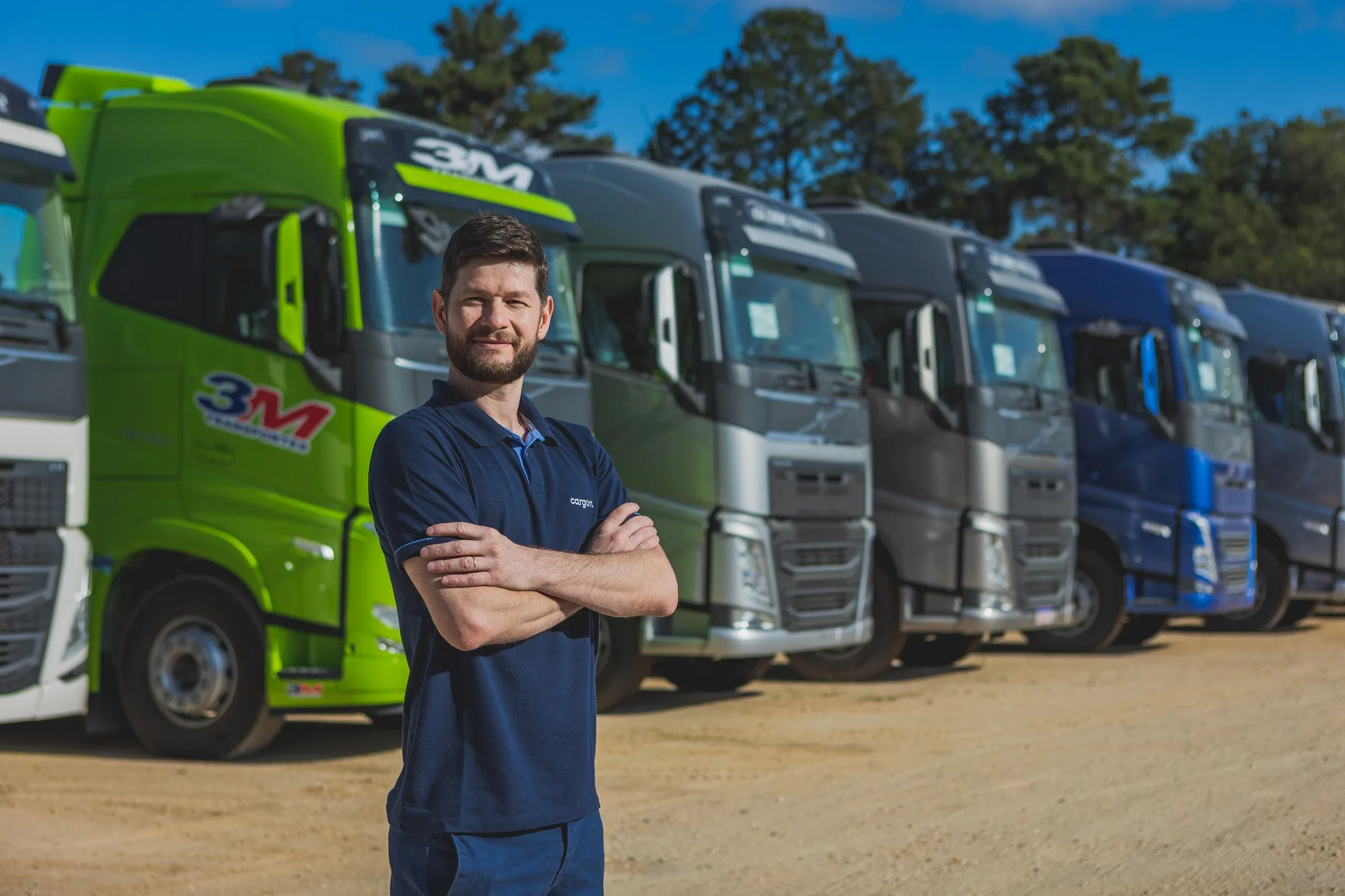
Back-office management
Created just six months ago, BHub, a startup providing subscription-based, back-office management services, raised a pre-seed round of BRL 23 million (USD 4,3 million) and a Series A worth BRL 115 million (USD 20,2 million). The space between the two rounds? Only two months. Yes, the pace of development at Jorge Vargas Neto’s startup is hectic.
During a digital coffee break at the start of the pandemic with more than 300 startup leaders, Jorge had the insight he needed to create the company. “We developed our product thinking about reducing bureaucracy in back-office management, allowing entrepreneurs to focus their efforts on what is essential to the business,” he says. In other words, leaving the boring bit of running a company literally “in the hands” of BHub’s software.

In addition to accounting work, the company offers a dashboard with key financial KPIs (key performance indicators) relating to the user’s operation. In Jorge’s words, BHub is a bit like an in-house (but outsourced) finance department with a combined accounting solution. With 150 current customers, BHub expects to increase the client base to 5,000 by year-end. With the recent series A, the company also plans to expand its 56-strong workforce to about 220 staff.
Distance learning
There are also cases of startups that took advantage of the massive demand for digital services due to social isolation measures to grow. Technology education company Gentelab, which develops services and educational content for corporates, is an example of a startup that saw an opportunity in distance learning. Founded in March 2020, the São Paulo startup ended its first year of operations with BRL 800,000 (USD 140,000) in revenue, which doubled in the following year.
Gentelab started by licensing content to corporate universities without its own technology platform. However, according to founder Ricardo Shinyashiki, after receiving an angel investment of BRL 625,000 (USD 110,150) in mid-2021, the firm developed its own platform to be able to focus on the user experience.

The startup describes itself as a continuous learning ecosystem. It offers an e-learning platform, a library of expert content, data and performance analysis, and content curation. The choice of content themes aims to cater to customer needs and market trends, such as leadership, sales, and emotional intelligence.
According to Ricardo, Gentelab’s growing success mirrors its optimistic projections for 2022. “Everything suggests that we will do a seed round this year and triple our revenues with our scalable technology,” he celebrates.

